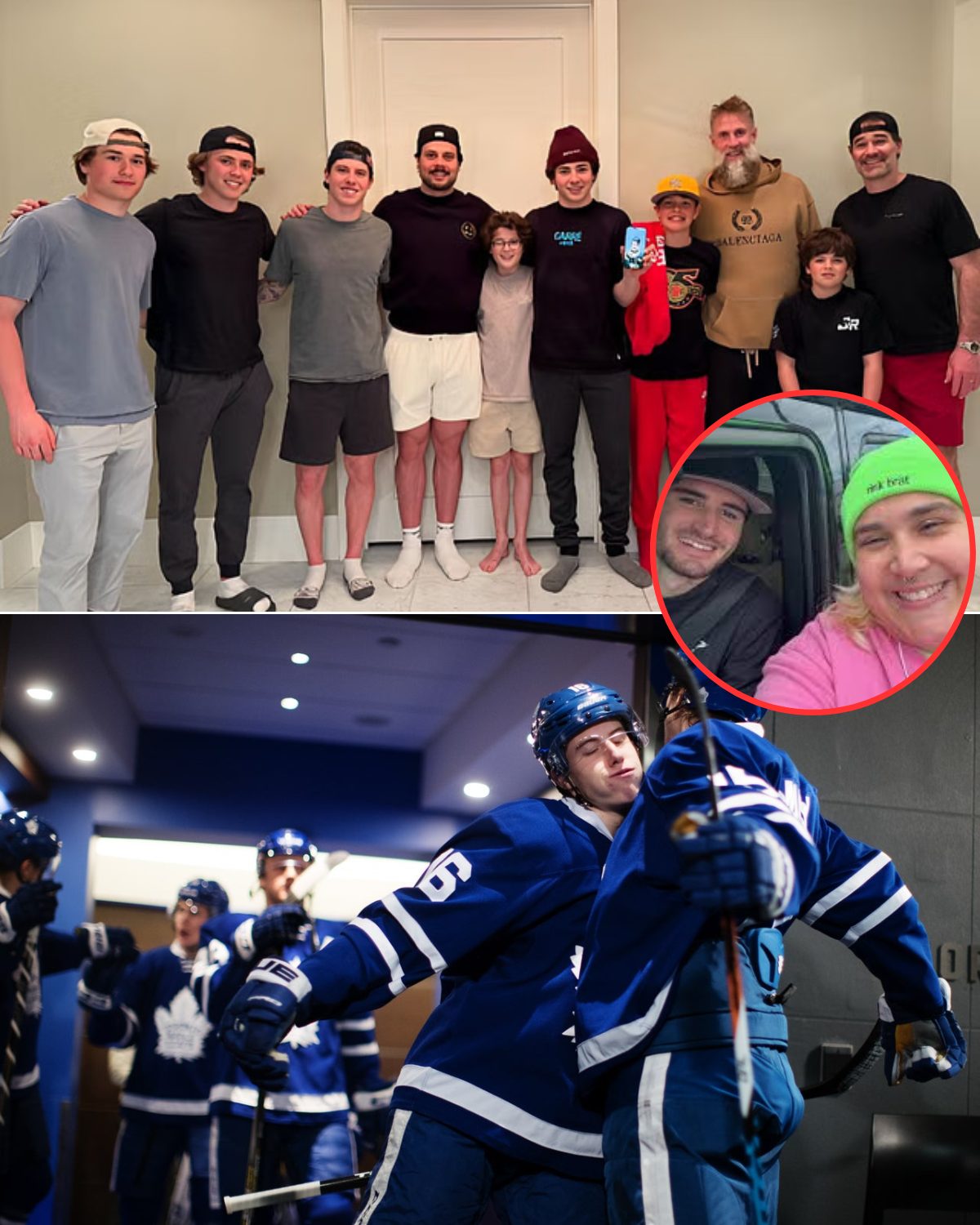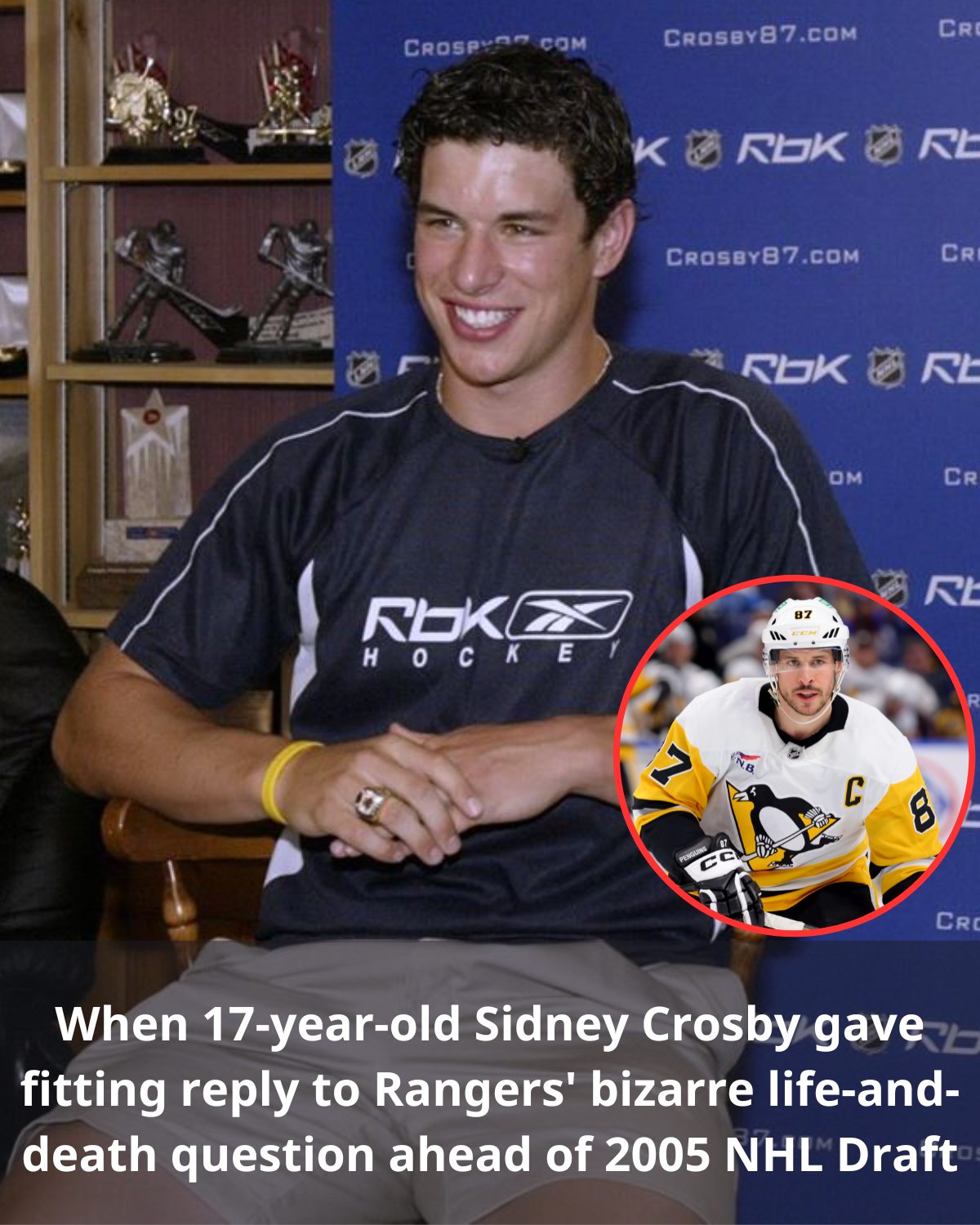
In a shocking development in the 2020 murder case of Dallas rapper Mo3, fellow artist Yella Beezy has been arrested and charged with capital murder. The grand jury alleges that Beezy hired someone to take Mo3’s life, igniting a wave of reactions across social media and the hip-hop community. Mo3’s mother took to Facebook, expressing her grief and calling for justice, stating, “Justice for my 𝑏𝑎𝑏𝑦.”
The conflict between Mo3 and Yella Beezy was reportedly kept under wraps until the tragic events unfolded. Many were unaware of their feud until after Mo3’s death, which has raised questions about the underlying issues that led to such a violent outcome. The rivalry highlights the often perilous nature of the rap industry, where longstanding grievances can escalate into fatal confrontations.
Both artists hailed from Texas, a state known for its vibrant hip-hop scene. Observers note that many rappers, despite achieving financial success, often remain tied to their roots, which can bring them back into dangerous environments. This paradox raises significant concerns about the choices made by artists who, after reaching fame, still choose to engage in the same street-level conflicts that they once sought to escape.
Mo3, who was just beginning to gain national recognition, is remembered as a talented artist with a promising future. The community mourns his loss and hopes for resolution and accountability in this case. The complexities of fame, loyalty, and the consequences of street life continue to resonate within the music industry, sparking ongoing discussions about violence and its impact on artists and their communities. As the legal proceedings unfold, many are left wondering what this means for the future of hip-hop and the artists who navigate its treacherous waters.





